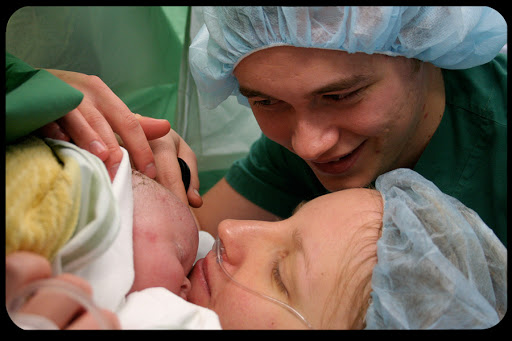Bishop José Luis Del Palacio was worried.
"Many young people in Peru and around the world have unfortunately succumbed to worldly idols of pleasure, money and power,” the bishop of Callao, Peru, told us.
Well, it turns out that we can say quite a bit. As Catholics, we are fully committed to the promotion of sacramental marriage and a strong family life. And as anthropologists, we have have seen the truth of Catholic teaching played out on the ground and reflected in scientific studies. No society in human history has survived for any length of time without strong marriages and a strong family life. None.
Of course, reaching the young with this message is a tremendous challenge. It is a challenge because we live in an age where many voices in society claim that marriage and family are mere conventions, social constructs that can be refashioned and reconstructed in any old way we choose. These voices speak of how the only thing that matters is that two people love each other, no matter whether they sign a marriage certificate or not, or even whether they are the same sex.
Others say that the natural family is obsolete, a thing of the past, and should be relegated to the dustbin of history. Still others say that there are new family structures that are just as good as, and perhaps even better than, the natural family. They speak of the the merits of single parents, of cohabiting couples, and of divorced and remarried couples. They praise households with only one of the biological parents present along with his or her new partner, households where none of the biological parents is present, or even households comprised of one person.
A household composed of a father and a mother who are bound together for life and who raise their natural and adopted children together is viewed by some as only one of many options and perhaps not even the best or most common one. The Church says this is not true, that every child deserves to have a father and a mother bound together in a lifelong sacramental union.
But what exactly does social science have to say on the matter, which is arguably the cultural debate of the 21st century?
The Mexican sociologist Fernando Pliego has examined the sociological evidence on the question of whether the current multiple “family” structures produce the same level of well-being. He gathered together all of the reliable studies on this question that had been carried out in 13 democratic countries. He found 351 studies that relied upon censuses, national surveys and scientific studies of 800 cases or more to compare different family structures. These contained some 3,318 statistical analyses of data on health, education, poverty, access to basic services, family violence, sexual violence, suicide or addictions rates, etc., comparing these various structures.
The results of these studies, carried out in 13 different countries located on five different continents, are astonishingly consistent. Nearly all demonstrate that where a father and mother are living together with their natural or adopted children there are tremendous benefits. The members of these traditional families enjoy better physical health, less mental illness, higher incomes, and steadier employment. They and their children live in better housing, enjoy more loving and cooperative relationships, and report less physical or sexual violence. Moreover, when the bonds between parents and children are more positive, drug, alcohol and tobacco use is lower, children are better socialized and cooperative, they commit fewer crimes, and they perform better in school.
Professor Pliego concluded that the natural family was far superior to other forms. He found that 89.4 percent of the studies concluded that intact families produced a higher level of well-being than other family types. Only one in ten claimed that all family structures produced similar outcomes. And only a negligible fraction of the studies—around 1 percent of the studies—claimed that other “family” structures produced a better outcome. That is to say, the natural family has been clearly demonstrated by social science to be superior to all other forms.
Bear in mind that this is not Professor Pliego, or Steven Mosher and Carlos Polo, or even the Catholic Church making these particular scientific claims. These are what hundreds of studies, based on thousands of official surveys, have concluded. This is what social science teaches us about the reality of family life.
Governments have an obligation to work for the common good of their citizens and to promote their well-being. For this reason it is wrong for them to pretend, as many governments do, that all family structures are created equal. Of course, governments have to provide certain services to all citizens without discrimination.
But when the issue at hand is how to educate the young, prevent antisocial behavior and crime, and promote the general well-being of the people, the hard data of sociology instruct governments to help, assist and promote the natural family. To do otherwise is to act against the best interests of citizens, and encourage behaviors that lead to a plethora of very bad outcomes.
Finally, we see again here that faith and reason, properly understood, cannot be in conflict. What the Church teaches as true has been confirmed by social science: we are created to live and love in intact families, with a father and mother and their children. Any other arrangement is at odds with our very nature.
Source: Familias y bienestar en sociedades democráticas: el debate cultural del siglo XXI, Fernando Pliego Carrassco, Universidad Nacional Autonoma de Mexico, Instituto de Investigaciiones Sociales, 2012, 394 pp. Results of the study are summarized at here. There is no English translation available at the moment.
Steven Mosheris the President of PRI, andCarlos Polois the Director of PRI’s Latin American office, located in Lima, Peru.

